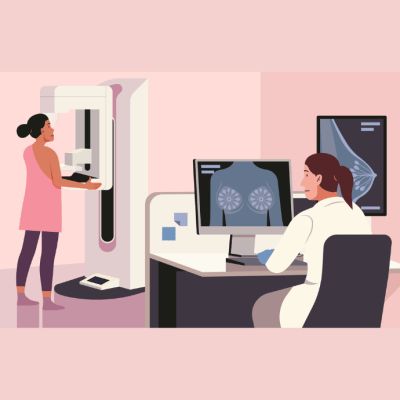Researchers from UC Davis Comprehensive Cancer Center found that a large number of women aged 65 and older, in the Californian region, are facing late-stage cervical cancer diagnoses. The alarming number emerges in spite of guidelines that advise women to stop cervical cancer screening at this age.
The findings underline the need to look at past screening history of older women, as well as any gaps in their follow-up care. For women nearing 65 years, or for those needing to catch up on cervical cancer screenings, non-invasive testing approaches should be used.
Data published in Cancer Epidemiology, Biomarkers & Prevention showed that almost one in five cervical cancers diagnosed between 2009-2018 were in women aged 65 years and above. 71% of these women were presented with late-stage cancer, with the number of late-stage diagnoses increasing up to 79 years. Among the group of women aged 65 and over, those with comorbidities and who were older were more likely to be diagnosed with late-stage cancer.
Whilst previous studies found that young Hispanic/Latina and Black women were presented with increased late-stage diagnoses, Julianne Cooley, UC Davis senior statistician, added that their “study did not observe these associations and instead found that older Hispanic/Latina women were less likely than non-Hispanic white women to be diagnosed late-stage”.
Unfortunately, lack of adherence to screening increases the risk of diagnosing cancer at a late-stage. The findings highlight that scheduled screenings have decreased as women near age 65.
Several factors contribute to the reasons that women are not receiving adequate screening, including the embarrassment of PAP smears, lack of awareness to continue screening, and that screening may not be as accurate in post-menopausal women.
Overall, the study calls into question whether the guidelines may need to be revised. As Cooley states, there is “the need to better understand how current screening guidelines might be failing women 65 and over”.
Click here for the latest Women's Health news
Source:UC Davis Health
Image Credit: iStock























